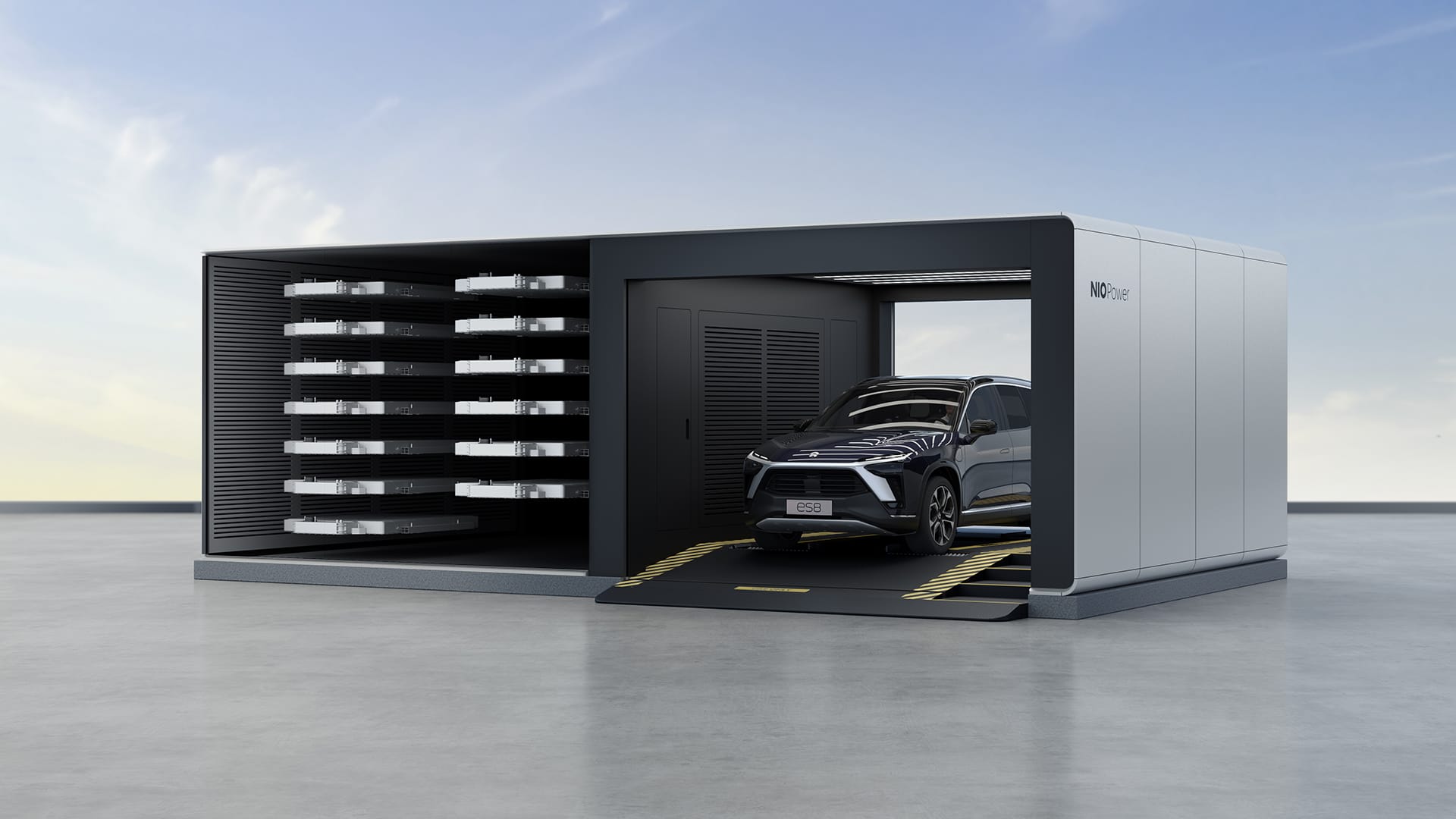Nio, the Chinese electric car manufacturer, is the latest automaker to state fears of production disruption due to an ongoing shortage of semiconductors. The concern of reduced output, combined with posting a wide loss for the first quarter of 2021, led to a decrease in share price of around seven percent.
Nio’s predictions of growth of between 15 and 18 percent for the first half of 2021 were a positive sign for the EV maker. The uptick in numbers is largely down to a fast-recovering Chinese economy as it normalizes after the pandemic outbreak. Nio’s revenue increased by 46.7 percent in the final quarter of last year.
However, it hasn’t all been smooth sailing for Nio. Listed on the New York stock exchange in 2018, the company has since seen several executives leave. A shortage of cash was plugged last year with a 7 billion yuan ($1 billion) injection from Chinese state-owned enterprises.
Read: NIO Partners With Nvidia To Develop Autonomous Tech For Its EVs
The company posted a loss of 1.39 billion yuan ($215 million) in the final quarter of 2020. Not only was it 33 percent greater than the previous quarter, but the revelation was also larger than the 576 million yuan ($89 million) loss that some analysts had expected, according to Bloomberg. Shares fell by as much as 7 percent.
According to the Financial Times, Nio’s chief executive warned that the global chip shortage could disrupt second-quarter production. “We should have the chip supply to meet domestic demand, but the risk is still quite high,” he said.
The chip shortage has hit major manufacturers worldwide, from GM to Tesla and almost everyone in between. Spurred by an initial reduction in automotive output across the board, many have been caught off-guard by a resurgent auto market. The sudden increase in demand for automotive applications, coupled with increased demand for electronic devices thanks to wide-scale work-from-home transitions, has left a dent in production output.
Nio is facing stiff competition from home-grown competitors Xpeng and Li Auto. Both companies have received significant funding in the last year. Xpeng’s sales rose 470 percent while Li Auto’s climbed 355.8 percent. Nio is also up against Tesla, which has been slashing prices to compete in the lucrative and growing Chinese market.






